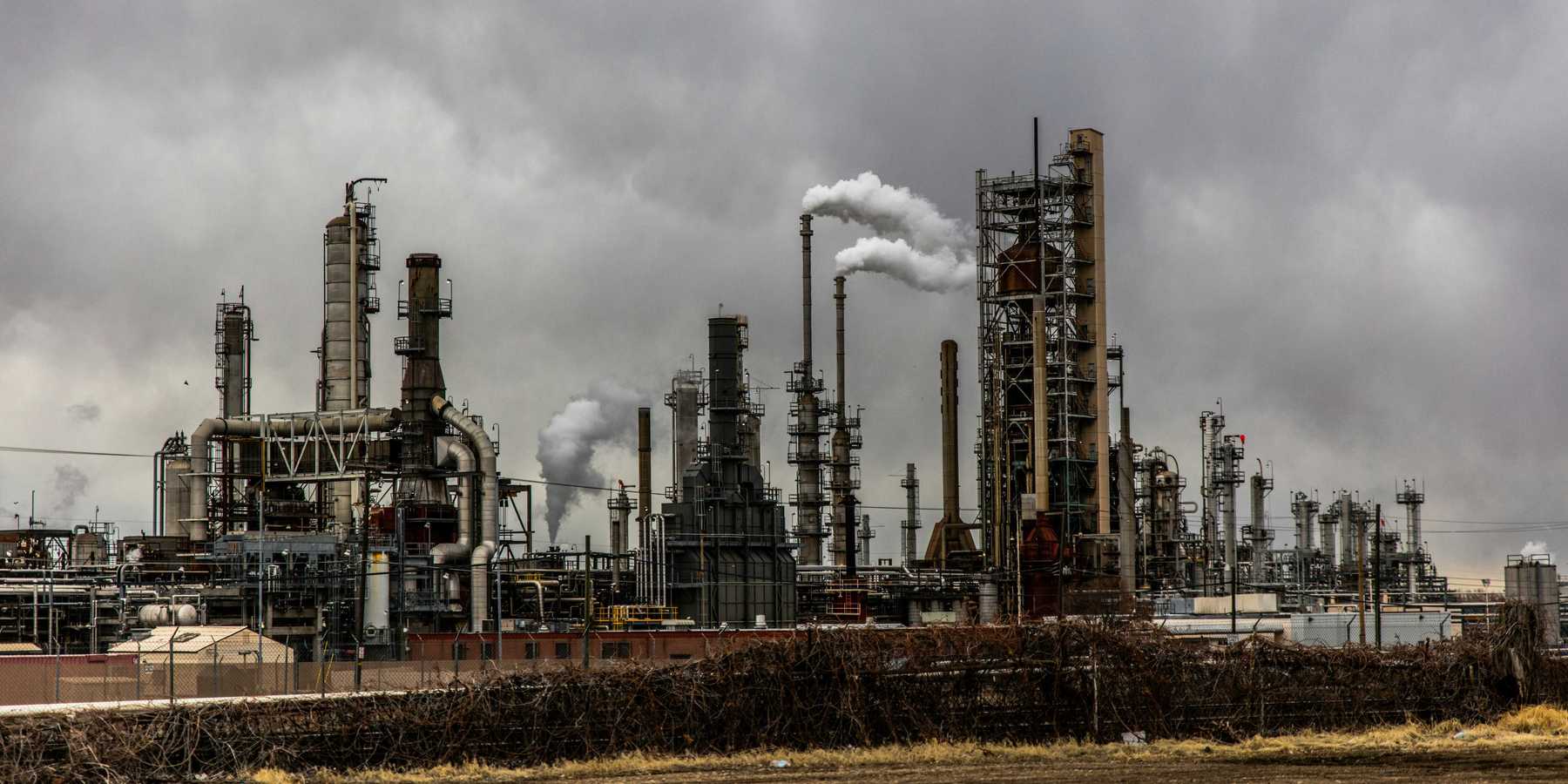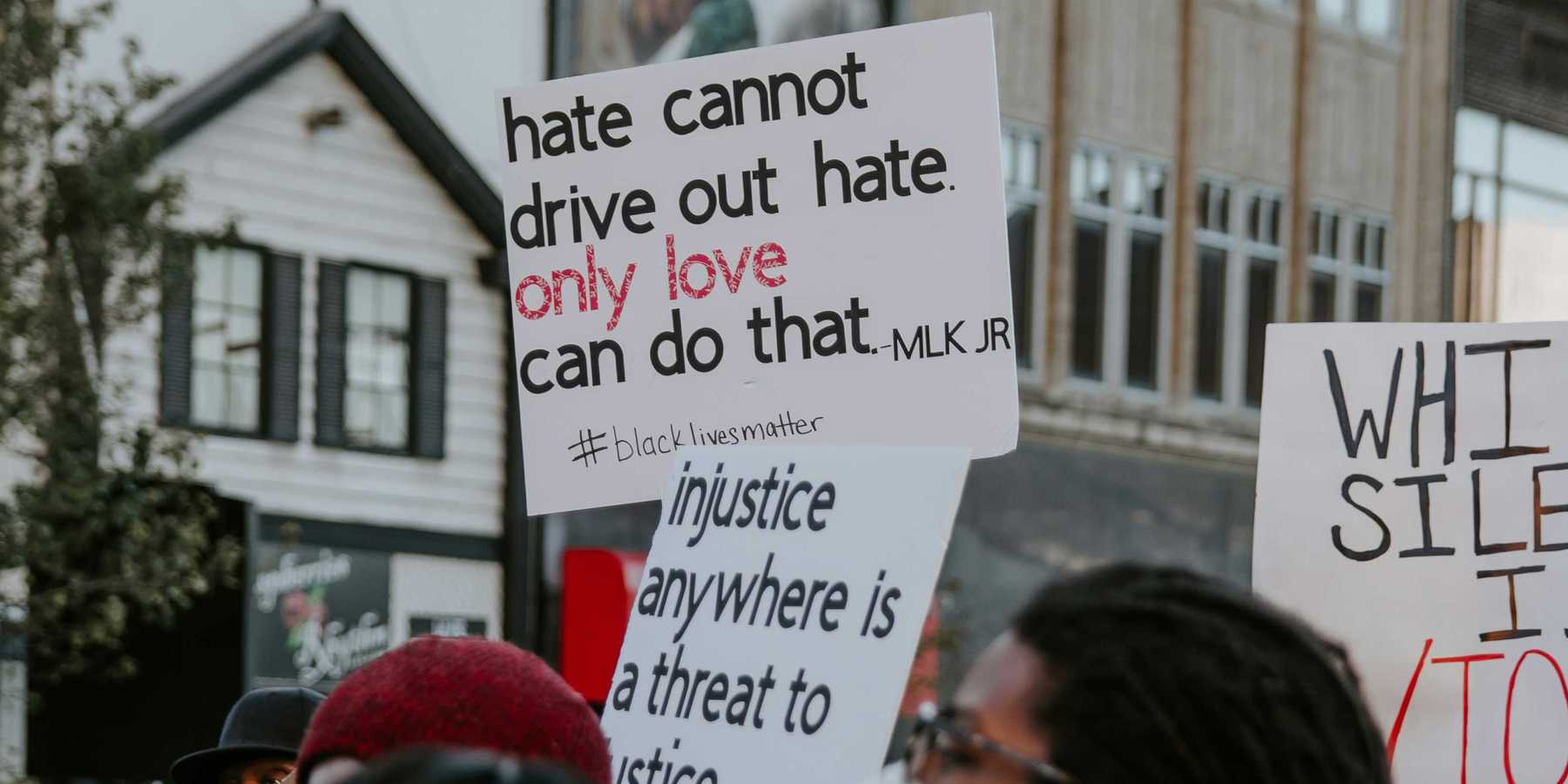Rising temperatures accelerate global dengue spread, including U.S. territories
Dengue fever cases are surging globally, in part driven by climate change, with Puerto Rico seeing record numbers and a warning for future outbreaks in the United States.
Lena H. Sun and Sarah Kaplan report for The Washington Post.
In short:
- Dengue cases have reached an unprecedented 10 million this year, exacerbated in part by global warming, which expands mosquito habitats.
- Puerto Rico declared a public health emergency with over 1,500 cases reported by mid-June, anticipating more due to the hot and rainy season.
- Public health officials expect the virus will crop up in more temperate regions, including the southernmost parts of the United States.
- The only U.S. dengue vaccine will expire in 2026, complicating future prevention efforts.
Key quote:
“The storm’s comin’, folks. It’s here in Puerto Rico, but you guys are going to feel it pretty soon.”
— Grayson Brown, executive director of the nonprofit Puerto Rico Vector Control Unit.
Why this matters:
Mosquitoes, particularly the Aedes aegypti species responsible for transmitting dengue, flourish in warmer, wetter environments. As climate change drives temperatures upward and alters precipitation patterns, these insects can expand their range, invading new territories and bringing dengue along with them. Countries unaccustomed to dealing with dengue outbreaks must now brace for potential epidemics, placing additional strain on healthcare systems already grappling with other infectious diseases.













